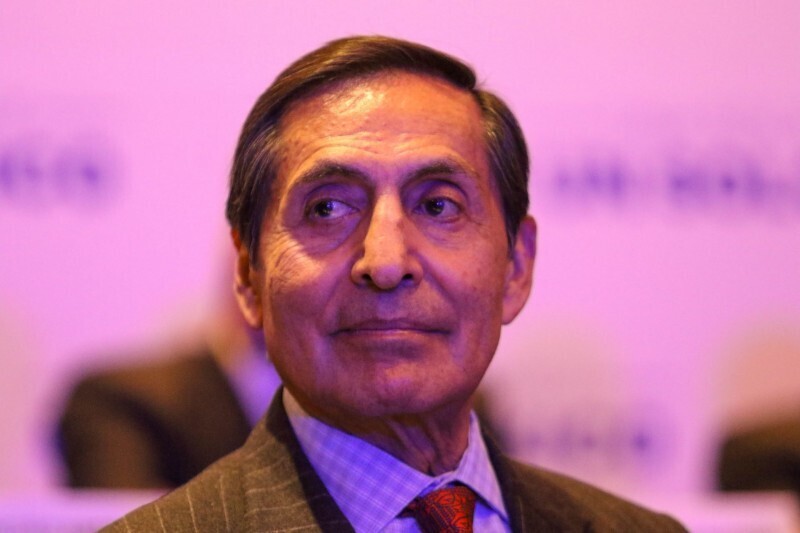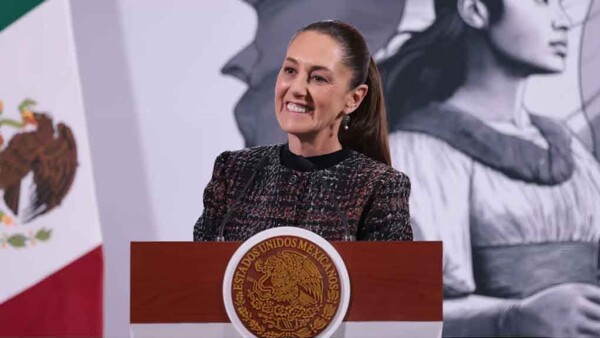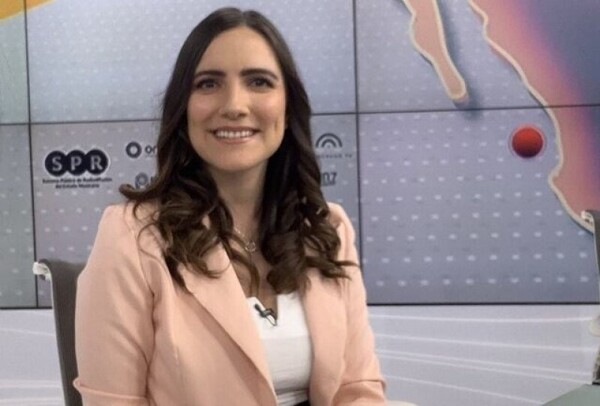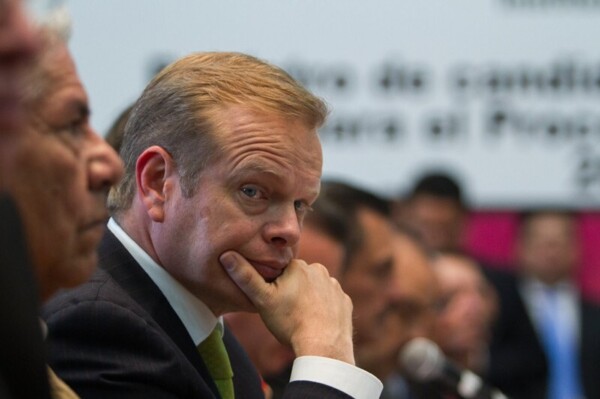
Valmex's chief economist, Víctor Ceja, has highlighted the importance of Mexico's response to fentanyl trafficking. Meanwhile, Trump's Secretary of Commerce has hinted that Mexico could avoid imminent tariffs. This perspective of moderation in tariffs is based on Trump's statements in Davos, where he mentioned that the relationship with Mexico is positive.
In the economic realm, changes in the constitutional framework generate uncertainty among economic agents. Despite the apparent calm in the market, with the peso gaining ground against the dollar, the outlook for Mexico appears complicated beyond tariff threats. The uncertainty in the trade relationship between both countries adds to legislative changes and local fiscal pressures.
The Mexico Plan to increase investment by up to 25% by 2026 is challenged in this scenario. Although a cut in the interest rate is expected, uncertainty about the measures of the U.S. government drives caution. It is anticipated that tariffs will affect the exchange rate and could provoke inflationary impacts.
Given the lack of certainty regarding the new deputy governor of Banxico, a 50 basis point cut is expected in February. Economic projections contemplate modest GDP growth this year, estimating impacts on public finances. Valmex maintains a moderate position regarding the possibility of tariffs but warns about the uncertainty that will affect Sheinbaum's Mexico Plan.
Overall, Trump is expected to impose gradual and temporary tariffs, with a possible moderate impact on Mexico. The participation of the private sector will be key, but the current uncertainty does not favor new investments. The anticipated review of the T-MEC is perceived as a measure that would provide clarity and certainty to the market. Amid this challenging scenario, Banxico will also face significant challenges.














